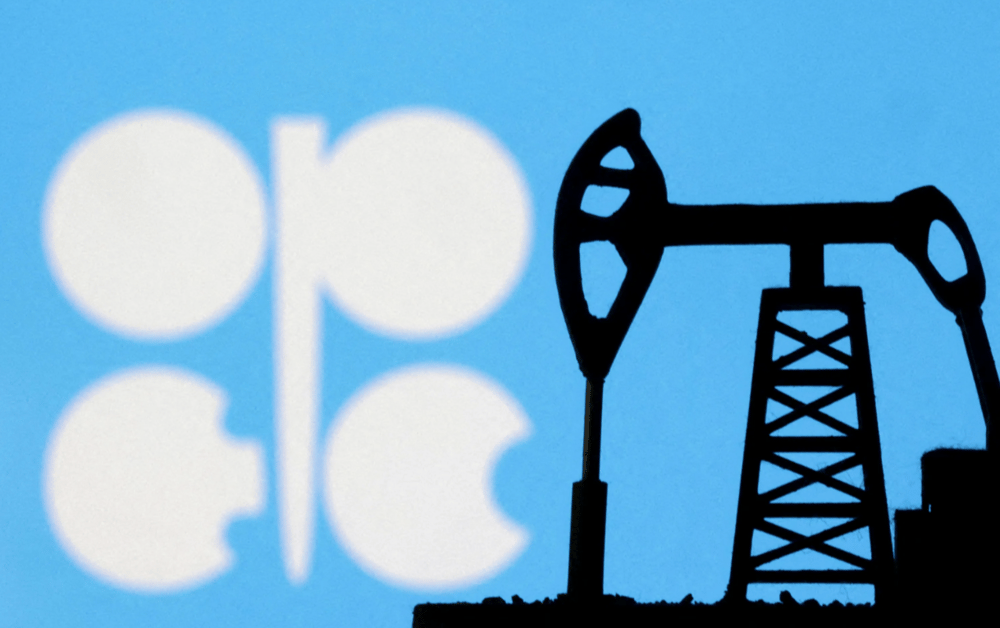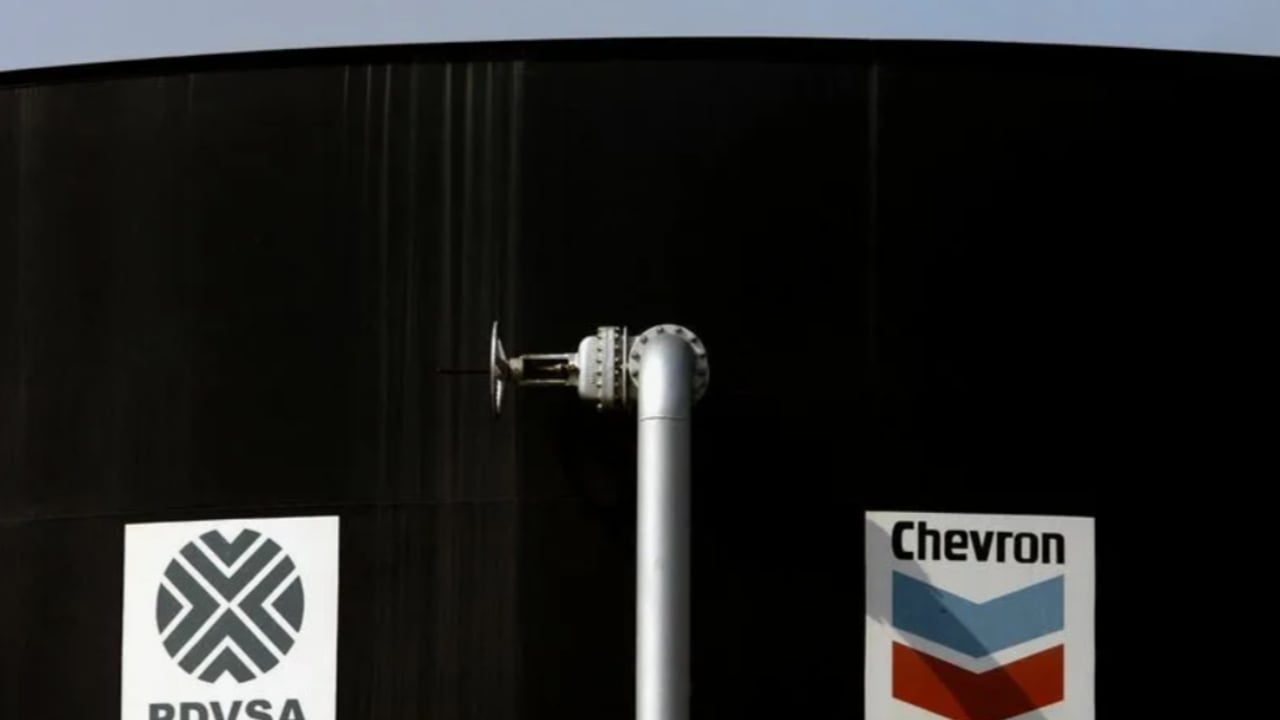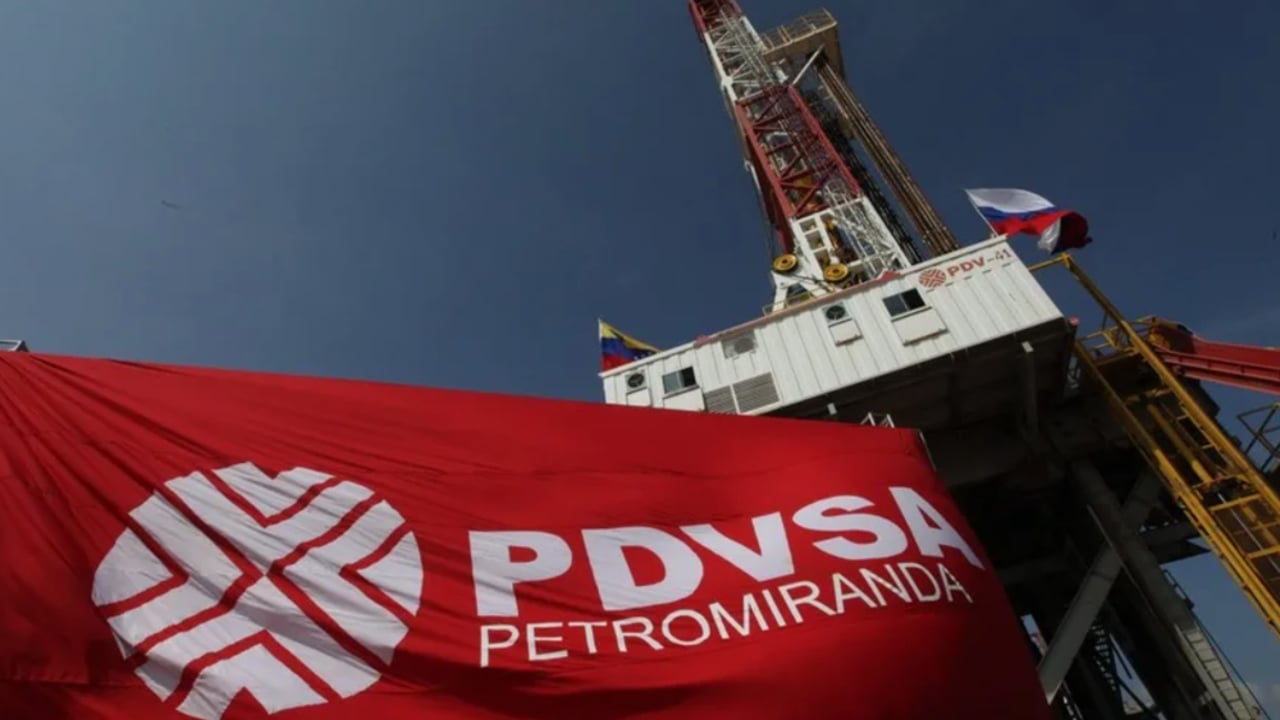Recent geopolitical and economic shifts have once again caught the attention of the global energy sector. US government officials recently informed international partners of Venezuelan state oil company PDVSA that their export licenses—once allowing the purchase of Venezuelan crude oil and refined products—will soon be annulled, according to sources close to President Donald Trump's administration. This decision represents a fundamental change in the international trade policy regarding Venezuelan oil amid a series of US sanctions.
New Directions in US Policy
In recent years, despite strict sanctions imposed on Venezuela, the administration of former President Joe Biden had granted exceptions that allowed a host of international companies to purchase Venezuelan crude. These licenses enabled the supply of oil and petroleum products to refineries spanning regions from Spain to India. Among the companies that benefited from these US-issued permits and endorsement letters were:
- Repsol (Spain)
- Eni (Italy)
- Maurel & Prom (France)
- Reliance Industries (India)
- Global Oil Terminals (USA)
However, recent developments indicate that many of these companies have already suspended their imports of Venezuelan oil. The introduction of secondary tariffs on Venezuelan oil and gas buyers this week suggests that this measure was strategically engineered by the Trump administration to intensify sanction pressures.
Uncovering the Mechanisms Behind the Shift
Experts in the energy market note that this policy reversal is a calculated move aimed at restructuring Venezuela's oil export landscape. These measures are designed not only to reshape PDVSA’s export framework but also to amplify international pressure on a nation already facing deep political and economic challenges. The sudden adjustments in export conditions affect both direct market participants and the intricate global supply chains that hinge on oil trade.
Key Features and Potential Implications
The overhaul in export permits signals a turning point for PDVSA, as it reflects both internal reforms and external pressures from US policy. Key aspects of this shift include:
- A strengthened regulatory oversight of international trade policies
- A reassessment of strategic partnerships and contractual agreements
- A potential reduction in exported volumes of crude oil and petroleum products
- Heightened trade tensions between Venezuela and its energy sector participants
- Increased uncertainty within the global oil market
From a strategic perspective, the Trump administration’s approach underscores a firm commitment to utilizing all available instruments of economic pressure. The cancellation of previously granted exemptions highlights an evident intent to reshape Venezuela's oil operations, which in the long term, could dramatically alter the balance of power within the global energy market.
Expert Analysis and Long-Term Outlook
The introduction of these measures serves as a crucial indicator for future developments in the international oil and gas sectors. The decision to revoke export permits is part of a broader initiative to redefine international trade practices and intensify sanction regimes as a tool of economic influence. This move underscores not only a recalibration of external economic policies but also reflects the increasing leverage of US influence over global energy markets.







This move could drastically reshape the global oil market and deepen Venezuela's economic struggles.
The US's move to annul PDVSA's export licenses signals a dramatic shift in energy politics that could have wide-reaching implications.
Forward-looking financial strategies are key to driving remarkable growth in the capital markets.